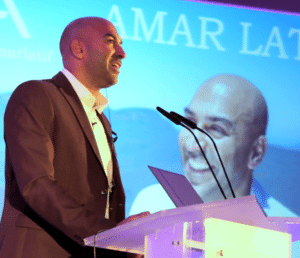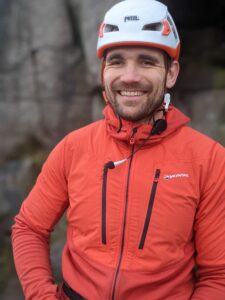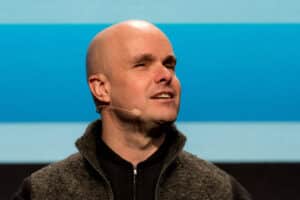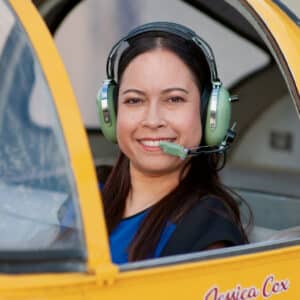What Can Disability Awareness Teach Us About Innovation?
When people think of disability awareness, their first thought is usually inclusion. And rightly so — inclusion is critical. But after more than two decades working with brilliant speakers and diverse audiences, we’ve seen something else too: disability is also a driver of innovation.
The truth is, living with disability often requires creative problem-solving and ingenious workarounds. And if there’s one thing every business needs right now, it’s fresh thinking. That’s why the lessons our disability awareness speakers share aren’t just about empathy (though that matters hugely) — they’re also about sparking innovation.
Isn’t disability awareness just about making the workplace accessible?
That’s still the assumption in some organisations. Twenty years ago, when we were starting out as an agency, “disability awareness” often meant making sure you had a ramp installed at the front door, a blue badge parking space, and maybe a leaflet in HR. Tick the box, job done.
The irony, of course, was that you could have the perfect ramp but a culture that left people excluded, overlooked, or underestimated. We’ve seen plenty of companies where the physical access was sorted, but the cultural access was miles behind.
Fast forward to today, and the conversation has shifted. Accessibility is no longer about ramps and handrails (although these things are of course important) — it’s about rethinking how we design, how we innovate, and how we include.
Who are the keynote speakers that have used their disabilities to innovate?
Mark Pollock – Pioneering Robotics for Paralysis
After being paralysed in 2010, Mark Pollock became a scientific explorer on a mission to cure paralysis. He’s been at the forefront of robotics and neuro-modulation, spearheading international research collaborations and even launching an exoskeleton rehabilitation programme. His goal? Affordable, scalable solutions that help people walk again. Pollock also partners with leading organisations like Wings for Life Spinal Research and the Christopher & Dana Reeve Foundation to accelerate this work.
Amar Latif – Designing a New Kind of Travel

Blind since his late teens, Amar Latif didn’t find accessible tours — so he created them. In 2004, he founded Traveleyes, the world’s first travel company for blind and sighted travellers going together, offering shared adventures around the globe. This innovative model isn’t just inclusive — it builds empathy and mutual enjoyment into the experience. His work earned him an OBE for services to visually impaired people and entrepreneurship.
Jessica Cox – Flying with Her Feet
Born without arms, Jessica Cox became the world’s first licensed armless pilot, flying an aircraft using only her feet. She also holds a black belt in Taekwondo and is developing a foot-controlled plane called The Impossible Airplane. Her mantra? “Disability doesn’t mean inability.” Cox’s life is a striking example of how impossibility can become possibility with innovation and courage.
Nicolas Hamilton – Shifting Motorsport to Fit the Driver
When Nicholas Hamilton entered British motorsport, how did he adapt to the physical demands? The answer is simple: motorsport adapted to him. As the first disabled driver in BTCC, he uses highly customised controls—hand clutches, modified pedals—to race competitively. His determination and personalised setup challenge notions of adaptability and inclusion in high-performance environments.
Jesse Dufton – Climbing Without Sight

Climbing infamously tough routes like The Old Man of Hoy without vision requires ingenuity. Jesse Dufton, blind due to rod-cone dystrophy, became the first blind climber to lead an ascent of this 140 m sea stack. He and his wife Molly developed a “clock-face” headset system to guide him step by step. He’s also made first ascents in Greenland and Morocco, redefining what it means to climb “without sight.”
Disability and Innovation Speakers
These speakers vividly demonstrate how:
- Necessity sparks innovation
- Design must adapt for everyone, not just the average user
- Constraints unveil unseen possibilities
Together, they show that disability awareness isn’t just a moral imperative – it’s a source of design-led innovation, creative problem-solving, and systemic change.
Contact The Speakers Agency to book a Disability Awareness Speaker to demonstrate innovation to your team.










